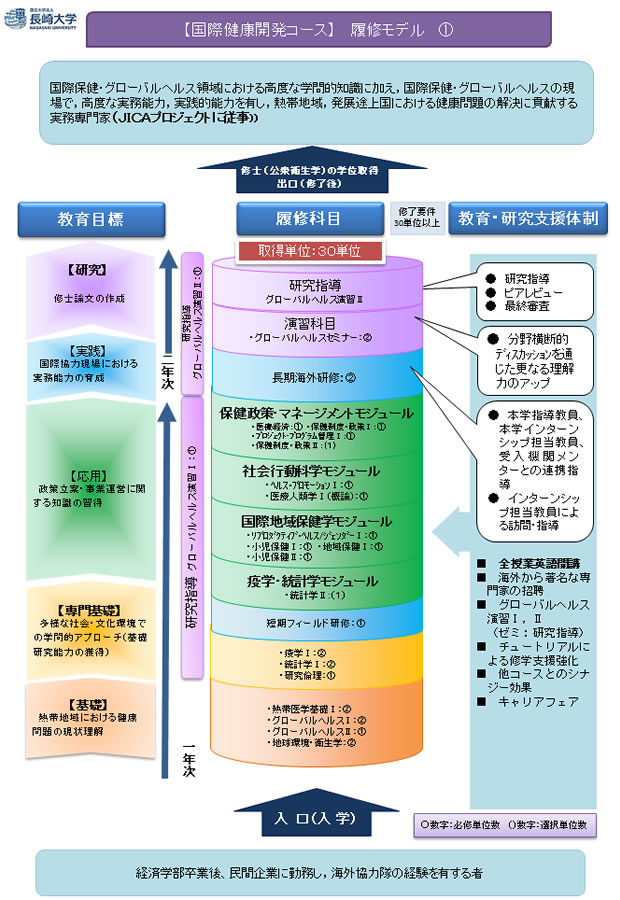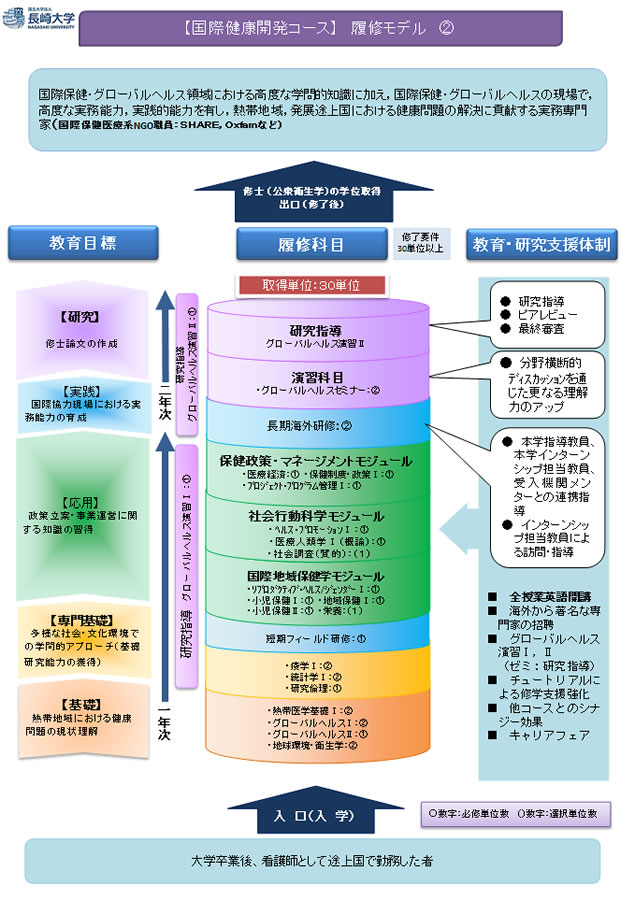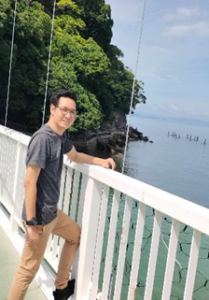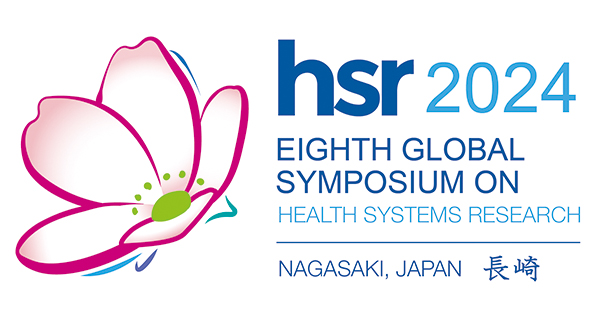博士前期課程 グローバルヘルス専攻
国際健康開発コース(MPH)
コースの概要
修業年限
- 2年
学位
- 修士(公衆衛生学)
履修場所および学期
- 長崎大学坂本キャンパス内 グローバルヘルス総合研究棟
- 日本国内での短期フィールド研修(1年次)
- 日本国外のプロジェクトや組織でのインターンシップおよび修士研究プロジェクトを組み合わせた長期研修(2年次)
- サテライトコースの場合は学期ごとの科目についてはオンラインで受講可(※実習科目によっては対面受講が推奨される場合がある)
修了要件
- 必修科目27単位(国際健康開発サテライトコースは必修科目24単位)
- 選択科目3単位以上を修得(国際健康開発サテライトコースは選択科目6単位以上)
- 短期フィールド研修の修了
- 長期研修の修了
- 修士論文および口述試験の審査合格
カリキュラム
主な受講内容
国際地域保健学モジュール
- グローバルヘルス領域の課題を地域保健の立場から理解するための知識を修得する
- リプロダクティブ・ヘルス/ジェンダーⅠ
- 小児保健
- 地域保健
- リプロダクティブ・ヘルス/ジェンダーⅡ
- 公衆栄養学
- 緊急援助
- 実装科学
社会行動科学モジュール
- 健康問題の社会的側面に関する知識と視点を修得する
- ヘルス・プロモーションⅠ
- 医療人類学Ⅰ(概論)
- 社会調査(量的)
- 社会調査(質的)
- ヘルス・プロモーションⅡ
- 医療人類学Ⅱ(応用)
- 人口学
- 混合研究法
保健政策・マネージメントモジュール
- 様々なグローバルヘルス課題に対する解決方策についての知識を修得する
- 医療経済学Ⅰ
- 保健システム・政策Ⅰ
- プロジェクト・プログラム管理Ⅰ
- 開発援助
- 保健財政
- 保健システム・政策Ⅱ
- グローバルヘルスガバナンス
- プロジェクト・プログラム管理Ⅱ
- 社会起業論
- 医療経済学Ⅱ
修了のために必要な基準及び授業の内容等については以下を参照
短期フィールド研修(1年次)
- 1年次に、日本国内で短期フィールド研修を実施
- 学生は、さまざまな健康課題を抱える実際の現場に赴き、影響を受けた住民を含む地方自治体や非政府組織(NGO)の関係者と対話・インタビューを行う
- 本プログラムでは、複数のセクターがどのように相互作用しているか、それが人々の健康にどのような影響を与えるのか、また健康課題を解決または軽減するために必要な介入方法について学ぶ
- より詳細な情報については、こちらの短期フィールド研修のページを参照
長期研修(2年次)
- 2年次に約8ヶ月にわたり実施される長期研修は,国際健康開発コースの教育目的を達成する上で最も重要な役割を担う必修科目に位置付けられる
- 学生はインターンシップを希望する国際機関,本学海外拠点フィールド,本学と連携ネットワークを持つ国際機関,JICA,NGO 等において,1年次に学んだ知識を実践で活かしながら実務能力を身につける
- 8ヶ月の研修期間のうち,前半の5ヶ月は派遣先で実務研修(長期インターンシップ)を行い,後半の3ヶ月は派遣先のプロジェクト地域又は学生が選択する地域で研究調査活動を行う
- インターンシップ受入プロジェクトおよび機関の例
- JICAが実施するプロジェクト
- 多様な国際NGO
- 長崎大学の海外研究拠点
- より詳細な情報については、こちら長期研修のページを参照
履修モデル(一例)
-
履修モデル1

経済学部卒業後,民間企業に勤務し,青年海外協力隊の経験を有する者が,JICAプロジェクトに従事することを目指す
-
履修モデル2

大学卒業後,看護師として途上国で勤務した者が,国際保健医療系NGO職員:SHARE,Oxfamなどに従事することを目指す
修士論文(過去の在学生の研究テーマ)
2022
諸費用
| 入試検定料 | 30,000円 |
|---|---|
| 入学料 | 282,000円 |
| 年間授業料 | 535,800円 |
- 授業料は半期ごと267,900円の支払
応募
応募要件
-
- 大学・看護学校などの認定教育機関で取得した学士号
- 入学希望年より2年前の1月1日以降に受験した下記のいずれかの英語試験の成績証明書の提出
- IELTS Academic Module
- TOEIC Listening & Reading Test
- TOEFL
- TOEFL iBT
- Duolingo English Test
- 英語による大学または大学院教育を修了した者は英語試験が免除されます
詳細は募集要項をご参照ください.
註1: 上記の要件を満たさない場合でも,募集要項にある ‘出願資格審査‘ によって応募可能な場合があります.募集要項 を参照いただき,不明点については要項に記載された照会可能期間中(通常は11月下旬まで)にTMGHへお問い合わせください.
註2: サテライトコースの応募者(社会人特別入試枠)は,上記要件の有無にかかわらず ‘出願資格審査‘ が必須です.サテライトコース応募者は募集要項 を参照の上で,締切(通常は11月下旬まで)までに必ず ‘出願資格審査‘ を受けてください.
註3: サテライトコースの応募(社会人特別入試枠)では,次例のような5年以上の実務経験,またはこれに相当する能力が必要です.
- 例)国際保健,国際協力等の業務(インターンシップおよびJICA海外協力隊等のボランティアを除く)
応募期間
| 対象 | 応募期間 | 入試日 | 入学時期 | |
|---|---|---|---|---|
| 出願資格審査 |
|
11月下旬まで † | 11月下旬 † | - |
| 一般入試 |
|
1月上旬~1月中旬 † | 2月中旬 † | 10月1日 |
| 社会人特別入試 (サテライトコース) |
||||
| 外国人留学生入試 |
|
3月下旬~4月中旬 † | 5月上旬 † | 10月1日 |
† 年度ごとの詳細な日程は 募集要項 を参照してください.
応募方法
募集要項 を参照し必要書類を提出してください.
過去問について
熱帯医学・グローバルヘルス研究科(国際健康開発コース) 過去問(閲覧・入手)についてこれまでに実施した入学者選抜試験の問題用紙の残部を提供します。
修了生メッセージ
チャン ニィエン アウン さん
修了年度:2023年
 TMGH is dedicated to improving global health via innovative research, education, and collaboration. With a faculty of renowned professionals and state-of-the-art facilities, TMGH provides a supportive academic development and innovation atmosphere.
TMGH is dedicated to improving global health via innovative research, education, and collaboration. With a faculty of renowned professionals and state-of-the-art facilities, TMGH provides a supportive academic development and innovation atmosphere.
As this program, “Public Health,” emphasizes a modern approach to public health, it suits our country, which is making efforts to face many challenges while implementing public health activities. We need not only to improve our capabilities but also to upgrade our thinking. For such thinking skills, we need to understand the conditions of our outer environment, which means various conditions and changes happening in other countries and their implementation plans according to their multiple contexts, demographic, political, sociocultural, economic, etc. By comparing and analyzing those conditions with ours, we can systematically highlight the needs and bad of our ways. In addition to our rigorous academic programs, our two-week field trip to Minamata City, Kumamoto Prefecture in Kyushu, allows us to witness the real-world impact of global health initiatives. At the same time, the two-month internship program offers a chance to work alongside experts in the field. I conducted my internship at the International Support and Partnership for Health (ISAPH) in two places, Laos and Tokyo offices. These experiences will broaden my prospects and deepen my understanding of the challenges and opportunities in public health. The TMGH provides us with a solid academic foundation and nurtures our ambition to make the globe better and more equitable for all.
Looking forward to welcoming you to our TMGH family!

